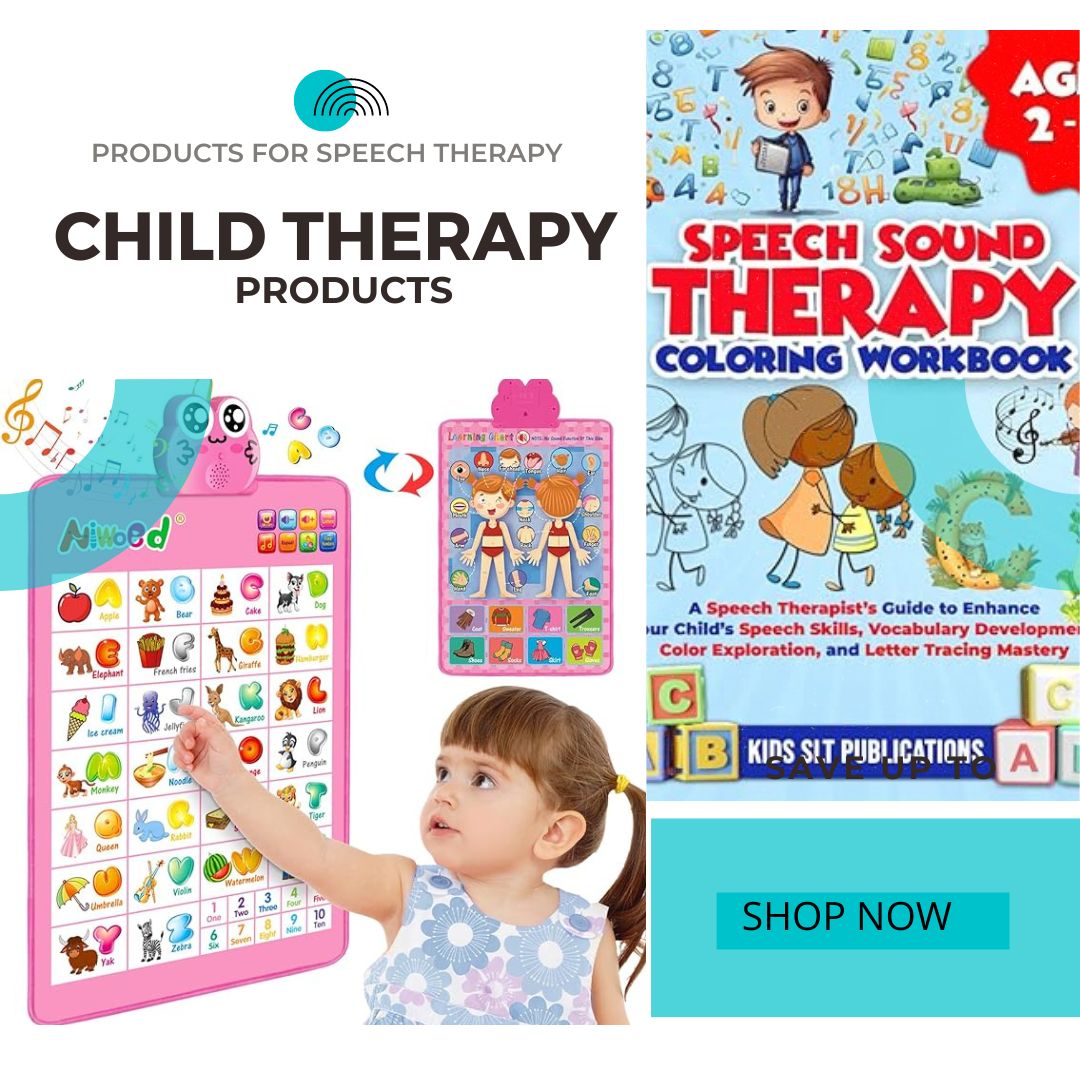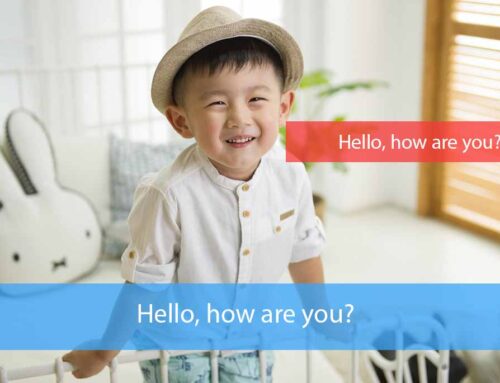If you have been looking for Can mixed receptive-expressive language disorder be cured, then here’s how it can be cured in adults & children?
Mixed Receptive-Expressive Language Disorder, also known as Developmental Language Disorder (DLD), is a condition that affects a child’s ability to understand and use language. Children with DLD may have difficulty with vocabulary, grammar, and sentence structure, as well as with expressive language, such as speaking and writing.
The disorder is typically diagnosed in early childhood and can have a significant impact on a child’s social, emotional, and academic development. I have given an appointment link below, so just visit it and save 20% on 1 year plan and start the therapy session online now.
Can mixed receptive-expressive language disorder be cured
While there is no known cure for DLD, early identification and intervention can greatly improve a child’s language skills and overall development. Treatment for DLD typically involves speech and language therapy, which can help children improve their vocabulary, grammar, and sentence structure, as well as their expressive language skills.
Speech and language therapy may involve activities such as playing with toys, reading books, and participating in conversation. Therapists may also use techniques such as repetition, modeling, and reinforcement to help children learn new language skills. Additionally, children with DLD may benefit from working with a speech-language pathologist to improve their articulation, fluency, and voice.
In addition to speech and language therapy, children with DLD may also benefit from other forms of intervention, such as occupational therapy, to improve fine motor skills, and educational interventions, such as special education services, to support their academic progress.
It’s also important to note that family support and engagement is crucial in the treatment of DLD. Parents and caregivers play a vital role in supporting their child’s language development and progress in therapy. They can do this by providing language-rich environments, such as reading books and engaging in conversations with their child, as well as by working closely with their child’s therapist to ensure that the therapy is tailored to meet the child’s individual needs.
Although DLD is a lifelong condition, early identification and intervention can greatly improve a child’s language skills and overall development. With the right support, children with DLD can learn to communicate effectively, build strong relationships, and achieve their full potential.
Conclusion
Mixed Receptive-Expressive Language Disorder or Developmental Language Disorder (DLD) is a condition that affects a child’s ability to understand and use language. While there is no known cure for DLD, early identification and intervention can greatly improve a child’s language skills and overall development.
Treatment for DLD typically involves speech and language therapy, which can help children improve their vocabulary, grammar, and sentence structure, as well as their expressive language skills.
Additionally, family support and engagement is crucial in the treatment of DLD to ensure that the child receives the best possible care. With the right support, children with DLD can learn to communicate effectively, build strong relationships, and achieve their full potential.




